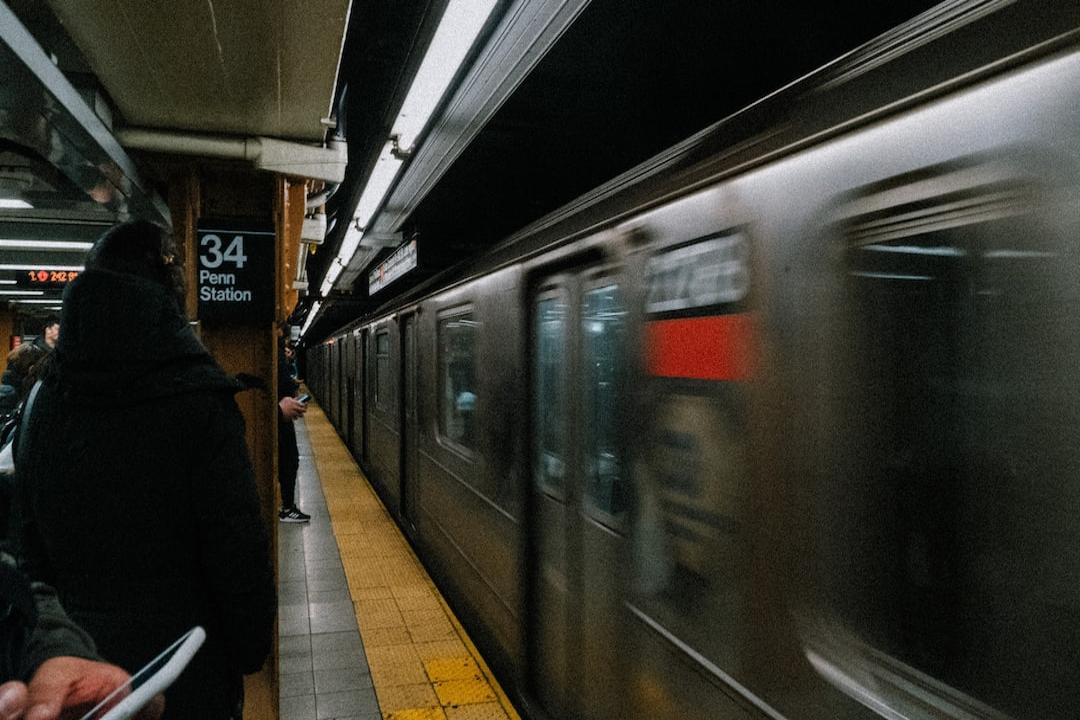Worldcoin, the innovative digital identity and cryptocurrency project created by Sam Altman, the CEO of OpenAI, has announced that it is enhancing the protection of personal data and improving age verification by introducing new features.
The updates unveiled on April 9 include a new option for World ID holders to unverify their World IDs and in-person age verification checks. The World ID serves as a digital passport that verifies a person’s humanness using orbs, which scan users’ eyeballs. The newest update allows users to unverify their World ID by permanently deleting their iris code, a numeric representation of their unique iris texture. This ensures that individuals can only verify one World ID. Upon deletion, an individual’s World ID becomes invalid, and a six-month “cool-off” period is required to prevent fraud. After the cool-off period, the user’s iris code is permanently deleted and unrecoverable.
To develop this unverify option, Worldcoin consulted with third-party privacy and security experts, including the Bavarian State Office for Data Protection Supervision (BayLDA), which is their lead supervisory authority in the European Union.
The second update is the introduction of in-person age verification checks. These checks are designed to ensure that the platform is only accessible to individuals over 18 years old. Third-party personnel will perform an on-site age verification check at all orb locations before World ID verification.
Sam Altman, the creator of OpenAI, launched Worldcoin in July 2023 with the aim of creating a global financial and identity network based on proof of personhood. However, the project has faced some skepticism, especially concerning its centralization, privacy, and security. The European Union supervisor, BayLDA, started an investigation into Worldcoin prior to its official launch, and the platform has faced bans and restrictions in certain locations.
Despite these challenges, Worldcoin has declared that it operates lawfully in all available locations and fully complies with related laws. The project continues to work on adapting and expanding its features to provide a secure and reliable platform for cryptocurrency and digital identity verification.

